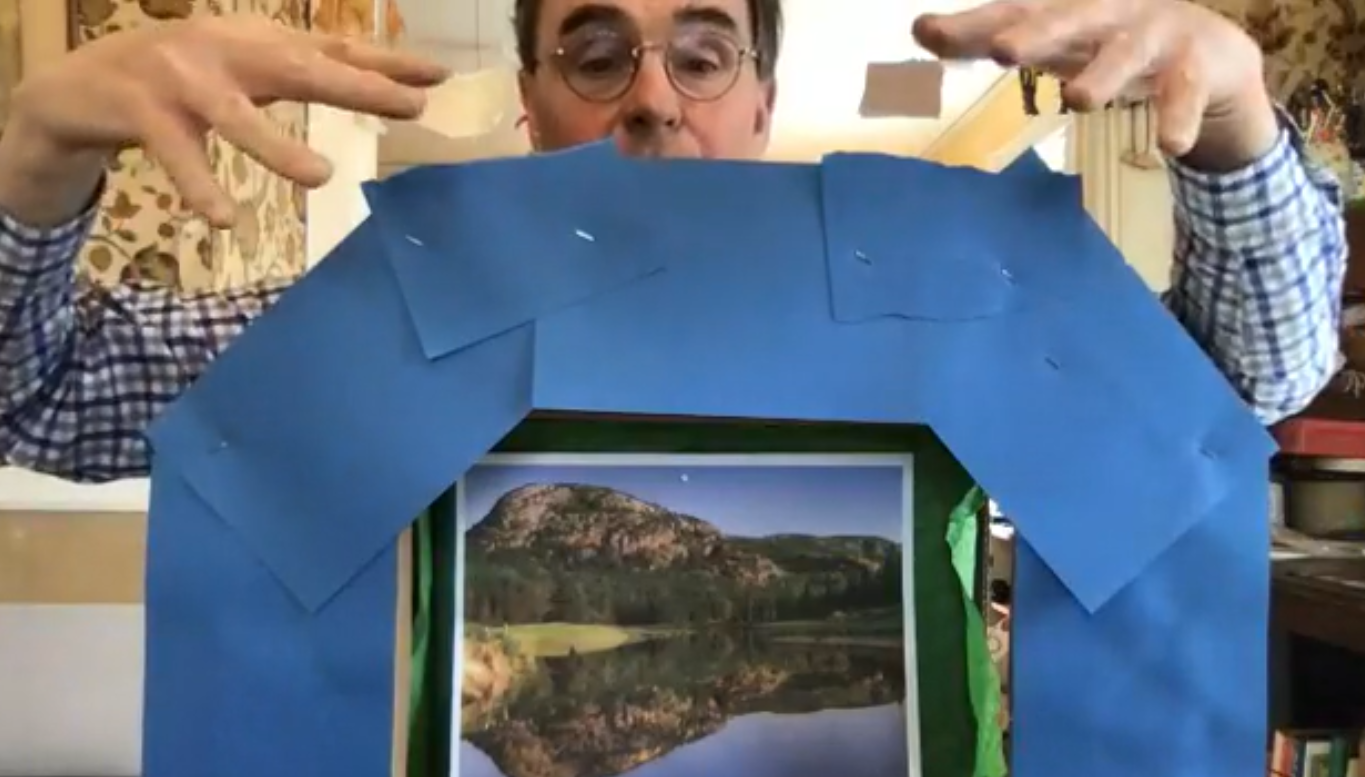Now that we have your attention …
John Bell, associate professor in the Department of Dramatic Arts and the director of the Ballard Institute and Museum of Puppetry, drops by UConn 360 to talk about the Bread and Puppet Theater’s on-campus performance today, April 20, at noon on Fairfield Way: “living” paintings, large puppets, choreography, music, and more. It’s all part of a week of activity at UConn by the world-famous theater company, which includes a forum at noon in the Mobius Space, and two performances of Aeschylus’ “The Persians” on the South Campus lawn on Saturday and Sunday at 4 p.m.
But Bell also talks about the astonishing depth and breadth of the art of puppetry, which takes in everything from the familiar faces of Sesame Street to robots, dolls, masks, and Disney animatronics. He also ponders a question that has surely occurred to anyone who’s seen “Child’s Play” or any number of horror movies featuring malevolent ventriloquist’s dummies: why do some people find puppets so creepy?
“To me, it has to do with modernity’s efforts to separate nature and culture,” Bell says. As the Industrial Revolution severed people from familiar ways of life, the cultural expressions from those ways of life started to seem strange, eerie, or – in a term explored by Sigmund Freud in a famous essay that specifically mentioned puppets – “uncanny.”
While puppets often resemble humans, “because these are not human things, there can be a sense of fear,” Bell says. “But I think, in the older sense of puppets and objects and masks, they’re just part of the life of the community.”
Listen to the interview here:



